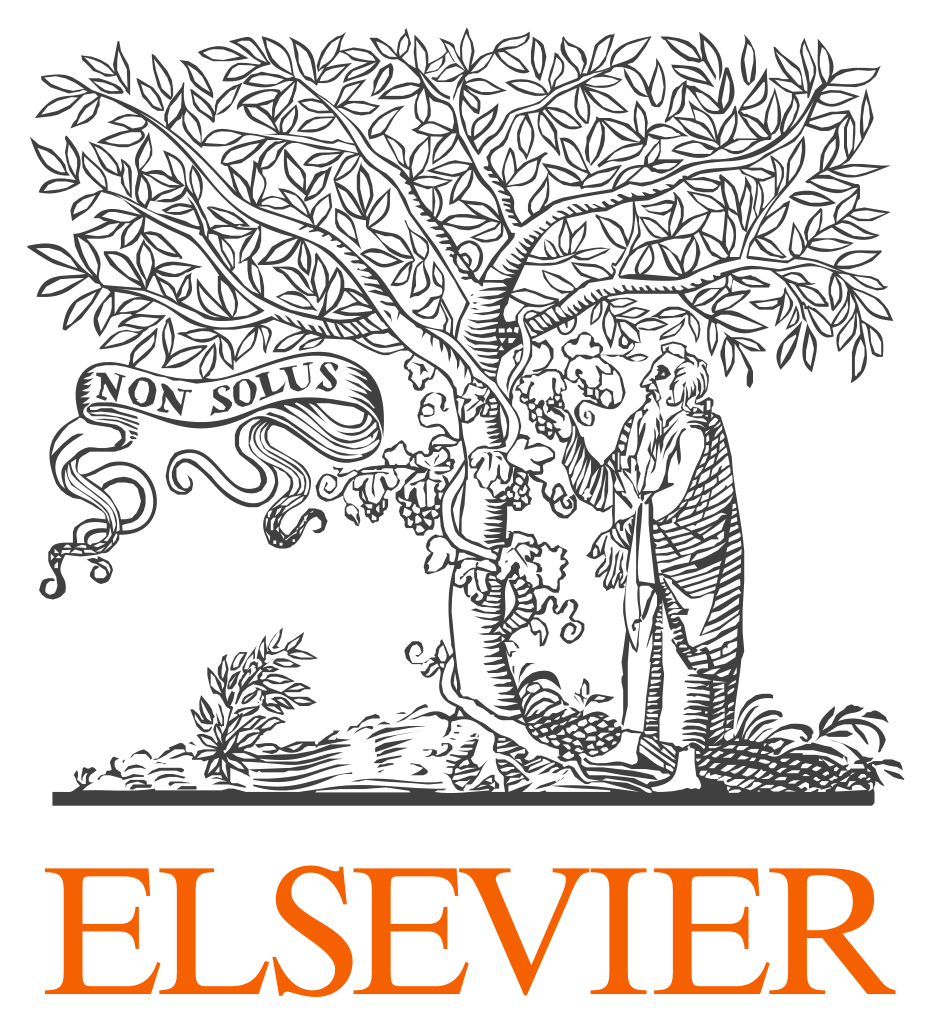Keynote Speakers
 |
|
John A. Stankovic |
|
BP America Professor, Life Fellow of the IEEE, Fellow of the ACM. |
Speaker Biography: Professor John A. Stankovic is the BP America Professor in the Computer Science Department at the University of Virginia. He has been awarded an Honorary Doctorate from the University of York for his work in real-time systems. He won the IEEE Real-Time Systems Technical Committee's Award for Outstanding Technical Contributions and Leadership. He also won the IEEE Technical Committee on Distributed Processing Distinguished Achievement Award (inaugural winner). Stankovic has an h-index of 119 and over 66,000 citations. In 2015, he was awarded the Univ. of Virginia Distinguished Scientist Award, and in 2010 the School of Engineering’s Distinguished Faculty Award. In 2020, he received the Research Mentor Award from UVA. He also received a Distinguished Faculty Award from the University of Massachusetts. He has given more than 40 Keynote talks at conferences and many Distinguished Lectures at major Universities. He was the Editor-in-Chief for the IEEE Transactions on Distributed and Parallel Systems and was founder and co-editor-in-chief for the Real-Time Systems Journal and the ACM Transactions on Computing for Healthcare.
 |
|
Wei Ding |
|
Program Director, NSF |
Speaker Biography: Wei Ding received her Ph.D. degree in Computer Science from the University of Houston in 2008. She is a Professor of Computer Science in the University of Massachusetts Boston. Her research interests include data mining, machine learning, artificial intelligence, computational semantics, and with applications to health sciences, astronomy, geosciences, and environmental sciences. She has published more than 130 referred research papers, one book, and has three patents. She is an Associate Editor of the ACM Transaction on Knowledge Discovery from Data (TKDD), the ACM Transactions on Intelligent Systems and Technology (TIST), and the Knowledge and Information Systems (KAIS). She served as an editorial board member of the Journal of Information System Education (JISE), the Journal of Big Data, and the Social Network Analysis and Mining Journal. She is the recipient of the Best Paper Award at the 2011 IEEE International Conference on Tools with Artificial Intelligence (ICTAI), the Best Paper Award at the 2010 IEEE International Conference on Cognitive Informatics (ICCI), the Best Poster Presentation award at the 2008 ACM SIGSPATIAL International Conference on Advances in Geographic Information Systems (SIGSPAITAL GIS). She received the 2019 WISAY Distinguished Woman in Science Award from the Yale University, 2018 Outstanding Alumni Award and the Best PhD Work Award between 2007 and 2010 from the University of Houston. Her research projects have been sponsored by NSF, NIH, NASA, and DOE. She is an IEEE senior member and an ACM senior member.
Panelists
- Wendy Nilsen
- Dana Wolff-Hughes
- Sylvia J. Spengler
- Georgia-Ann Klutke
- Brian Thomas Garibaldi
- Beth Blauer
- Matthew Robinson
- Laura Barnes
- Paul E. Kilgore
 |
|
Wendy Nilsen |
|
Program Director, NSF |
Panelist Biography: Dr. Wendy Nilsen is the Acting Deputy Division Director of CISE/IIS. She is a seasoned cross-discipline research leader with a passion for identifying and exploring the intersection of unique concepts and industries to effectively bridge multidisciplinary environments. Known for her ability to plan and execute high-impact research strategies, Dr. Nilsen leverages complex technological, scientific, and human concepts to facilitate creative research and development initiatives. Over the course of her career, Dr. Nilsen has championed the expansion of funding avenues and review / applicant pool diversity through interagency partnerships, spearheaded the development of dynamic scientific and policy communities focused on smart health initiatives and innovations, and pioneered a multidisciplinary new field, mHealth, integrating technology, psychology, and health to explore their confluence and practical implications.
 |
|
Dana Wolff-Hughes |
|
Program Officer, National Cancer Institute |
Panelist Biography: Dr. Dana Wolff-Hughes is a Program Director in the Risk Factor Assessment Branch of the Epidemiology and Genomics Research Program at the National Cancer Institute. In this capacity, she supports work which validates and utilizes digital health technology for cancer risk factor assessment in research and population surveillance. Dr. Wolff-Hughes’s scientific interests include novel methods and analytical approaches for risk factor assessment using digital technology, health information technology, and temporally linked contextual data. She is particularly interested in how the accuracy of physical activity measures influence dose response relationships, with a focus on methods to better interpret and understand data from digital and health information technology. Prior to joining NCI, Dr. Wolff-Hughes was a Health Scientist Administrator for the National Institutes of Health’s Office of Behavioral and Social Sciences Research. In this role, she coordinated trans-NIH initiatives focused on the application of innovative assessment, monitoring, and analytic approaches using digital and sensor technologies, as well as, health information technology to advance behavioral and social sciences research.
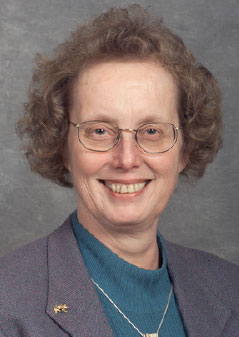 |
|
Sylvia J. Spengler |
|
Program Director, Division of Information Intelligent Systems |
Panelist Biography: Dr. Sylvia Spengler is a program director in Division of Information and Intelligent System (IIS) within the CISE Directorate at the National Science Foundation. She is the cluster head of the Information Integration and Informatics of the IIS Division. Prior to joining NSF, she was a Director of Department of Energy (DOE) Human Genome Program Field Operations. She served as Co-Director of the Program in Mathematics and Molecular Biology at the University of California, Berkeley, Lawrence Berkeley National Laboratory. Her many honors include Senior Fellow of the American Cancer Society, and National Institutes of Health (NIH) Postdoctoral Fellow. As a member of DOE ELSI panels, she has been involved in evaluating the ethical, legal and social implications of human genome research. Dr. Spengler's many publications include co-authorship of the DOE's Primer of Molecular Biology. As part of her work with the Human Genome Project Dr. Spengler has been involved in many types of public outreach including lectures given to college students, judges, and appearances on public television.
 |
|
Georgia-Ann Klutke |
|
Program Director, Division of Civil, Mechanical & Manufacturing Innovation (ENG/CMMI) |
Panelist Biography: Dr. Georgia-Ann Klutke is a program director in the Civil, Mechanical, and Manufacturing Innovation Division at the National Science Foundation. She manages the Operations Engineering program and the Disruption Operations of Illicit Supply Networks (D-ISN) solicitation and is a team member for the Smart and Connected Health (SCH) solicitation. She joined NSF in 2016 after a 29-year career in academia, where she was most recently Professor of Industrial and Systems Engineering at Texas A&M University. She has also served on the faculties of the University of Texas at Austin and the University of Massachusetts, Amherst. She holds a Ph.D. in operations research and industrial engineering from Virginia Tech and a master’s degree in biostatistics and bachelor’s degree in mathematics from the University of Michigan.
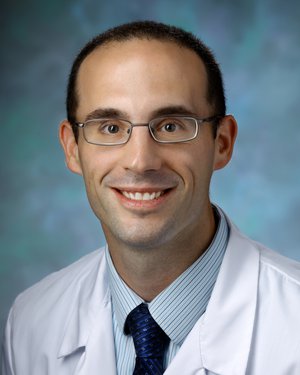 |
|
Brian Thomas Garibaldi |
|
M.D., Johns Hopkins |
Panelist Biography: Dr. Brian Garibaldi is an associate professor in the Division of Pulmonary and Critical Care Medicine. He is medical director of the Johns Hopkins Biocontainment Unit (BCU), a federally-funded special pathogens treatment center. He is also the associate program director of the Osler Medical Residency Program. He has an in-depth knowledge of the challenges of the biocontainment environment and understands the specific threats to both health care worker and patient safety in the setting of highly infectious diseases. In addition to caring for patients with COVID-19, he is the director of the newly established COVID-19 Precision Medicine Center of Excellence. He is a fellow of the New York Academy of Medicine, the Royal College of Physicians of Edinburgh and the American College of Physicians. He is also a member of the Miller-Coulson Academy of Clinical Excellence.
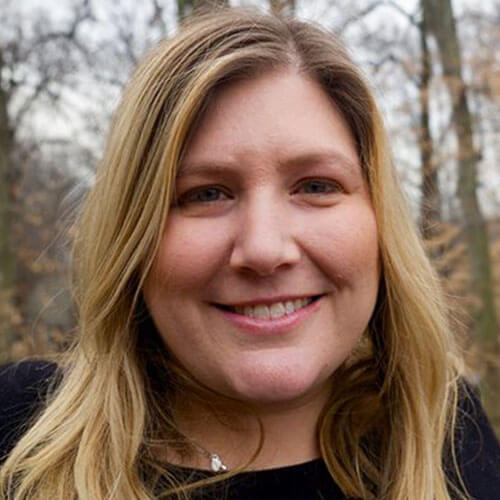 |
|
Beth Blauer |
|
Executive Director, Johns Hopkins |
Panelist Biography: Dr. Beth Blauer is the Associate Vice Provost for Public Sector Innovation at Johns Hopkins University. She is the former the Executive Director and co-founder of the Centers for Civic Impact at Johns Hopkins University (Civic Impact). As a dedicated public servant and international expert on government performance programs for more than fifteen years, Beth Blauer spent her career working to improve people’s lives by bringing data into governments’ decision-making processes. Blauer founded Civic Impact, originally as the Center for Government Excellence, in 2015 and since then, has successfully worked with over 140 mayors from around the globe to advance the use of data and evidence. She has built the organization to be a leader in data-driven insights for city leaders and public sector practitioners across the country and around the world. Prior to leading the Centers for Civic Impact, Blauer designed and launched Socrata’s GovStat platform for federal, state, and local governments. Having entered public service as a juvenile probation officer in Maryland, Blauer was quickly promoted within the department, quickly becoming the Chief of Staff. It was in this capacity she began working on the creation and implementation of “StateStat.” In 2008, then Governor Martin O’Malley asked Blauer to lead his nationally recognized StateStat program. Blauer graduated with a Bachelor of Arts from the University of Maryland and holds a JD from New York Law School. She is a recipient of the 2012 CAP award for her work on Maryland’s StateStat.
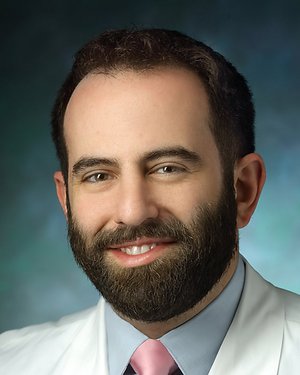 |
|
Matthew Robinson |
|
M.D., Johns Hopkins |
Panelist Biography: Dr. Matthew Robinson, MD, is Assistant Professor in the Division of Infectious Diseases at Johns Hopkins University School of Medicine. His research interests are in leveraging diagnostic innovation and precision medicine to reduce diagnostic and prognostic uncertainty for infectious diseases. He has studied multiple cohorts in India including those supported by the Centers for Disease Control and Prevention to understand the relationship between vector-borne disease diagnosis and antibiotic use and define the burden and risk factors for drug resistant Gram-negative infection and colonization. As part of the COVID-19 response, he has provided direct bedside care for patients admitted with COVID-19 in multiple roles. He has applied his experience in diagnostic innovation and data science to develop analysis pipelines for novel highly multiplex nucleic acid tests and immunoassays for SARS-CoV-2 that leverage next-generation sequencing. He has worked with the RADx program to guide companies developing more rapid and usable SARS-CoV-2 tests and led studies to evaluate their performance. His work with the Johns Hopkins Precision Medicine Center of Excellence for COVID-19 has examined the individual contributions of specific therapeutics for COVID-19 and used novel machine learning techniques to develop a tool that reports the probability of developing severe disease or death among patients admitted with COVID-19 which is now available as a web tool and integrated into the electronic medical record at 5 hospitals. After completing his undergraduate and medical training at Northwestern University, he completed internal medicine residency at New York University and infectious diseases fellowship at Johns Hopkins School of Medicine. During medical school, he worked for one year at the Chinese Center for Disease Control and Prevention in Beijing, China under a Doris Duke International Clinical Research Fellowship. He also served as a clinician educator in internal medicine in Gulu, Uganda at the Gulu University Faculty of Medicine as a Global Health Service Partnership volunteer. As an infectious disease research fellow, he pursued a Fogarty Global Health Fellowship in Pune, India. His other global health experiences have included clinical work in Rwanda and dengue virus research in Peru.
 |
|
Laura Barnes |
|
Associate Professor, University of Virginia |
Panelist Biography: Dr. Laura Barnes is an associate professor in the Engineering Systems and Environment Department. She directs the Sensing Systems for Health Lab which focuses on designing impactful, technology-enabled solutions for improving health and well-being. She received her Ph.D. degree in computer science from the University of South Florida. Laura’s work has been funded by the National Institutes of Health, National Institute of Aerospace, US Army, and private foundations.
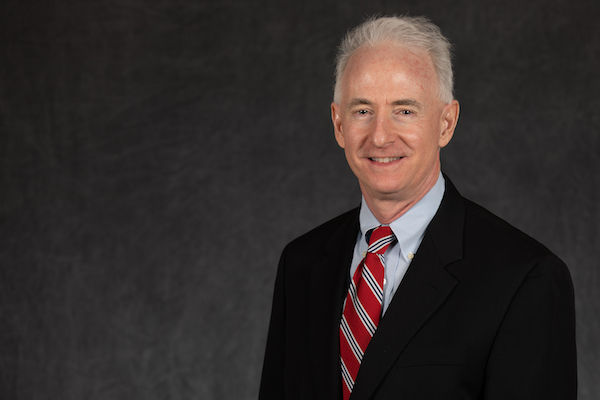 |
|
Paul E. Kilgore |
|
Associate Professor & Director of Research |
Panelist Biography: The overarching vision of our research program is the reduction of disease burden associated with bacterial and viral infections among infants, children and adults. Our research program focuses on the study of infections using innovative, multi-disciplinary tools that enable more rapid disease diagnosis as well as more accurate ascertainment of the disease burden due to specific infectious pathogens. Our research integrates the application of tools across a wide range of disciplines in order to accurately describe disease burden by age, race/ethnicity, geography and environment. We conduct our research in close cooperation with community partners, non-governmental stakeholders, faith-based organizations, public health experts, and other technical experts with the goal of supporting the development of health programs and policies that improve individual patient outcomes and safety as well as reduce health disparities in the general population. Based on empiric research findings, we conduct rigorously-designed, evidence-based evaluation of interventions to achieve sustainable health gains particularly among underserved populations.




